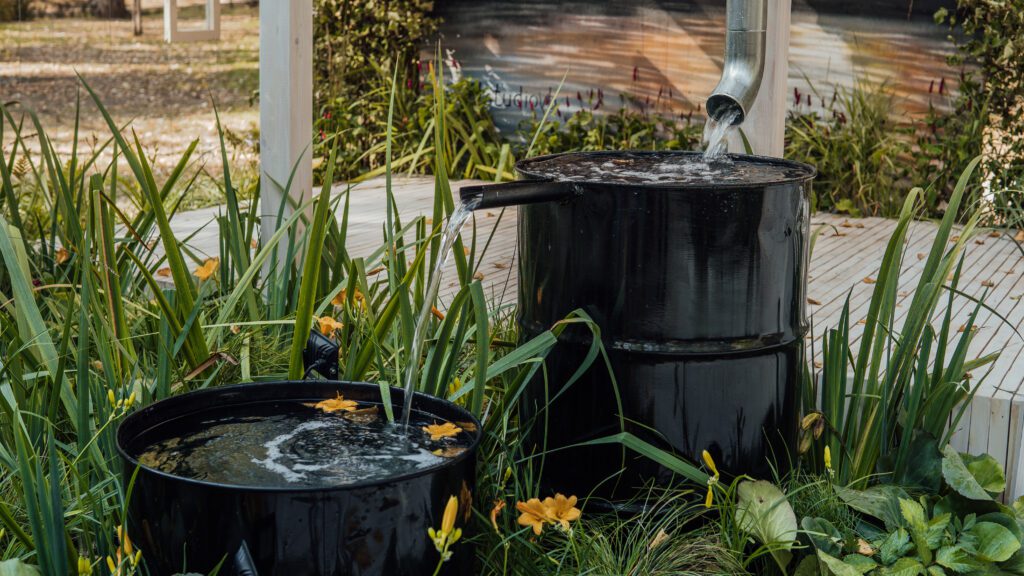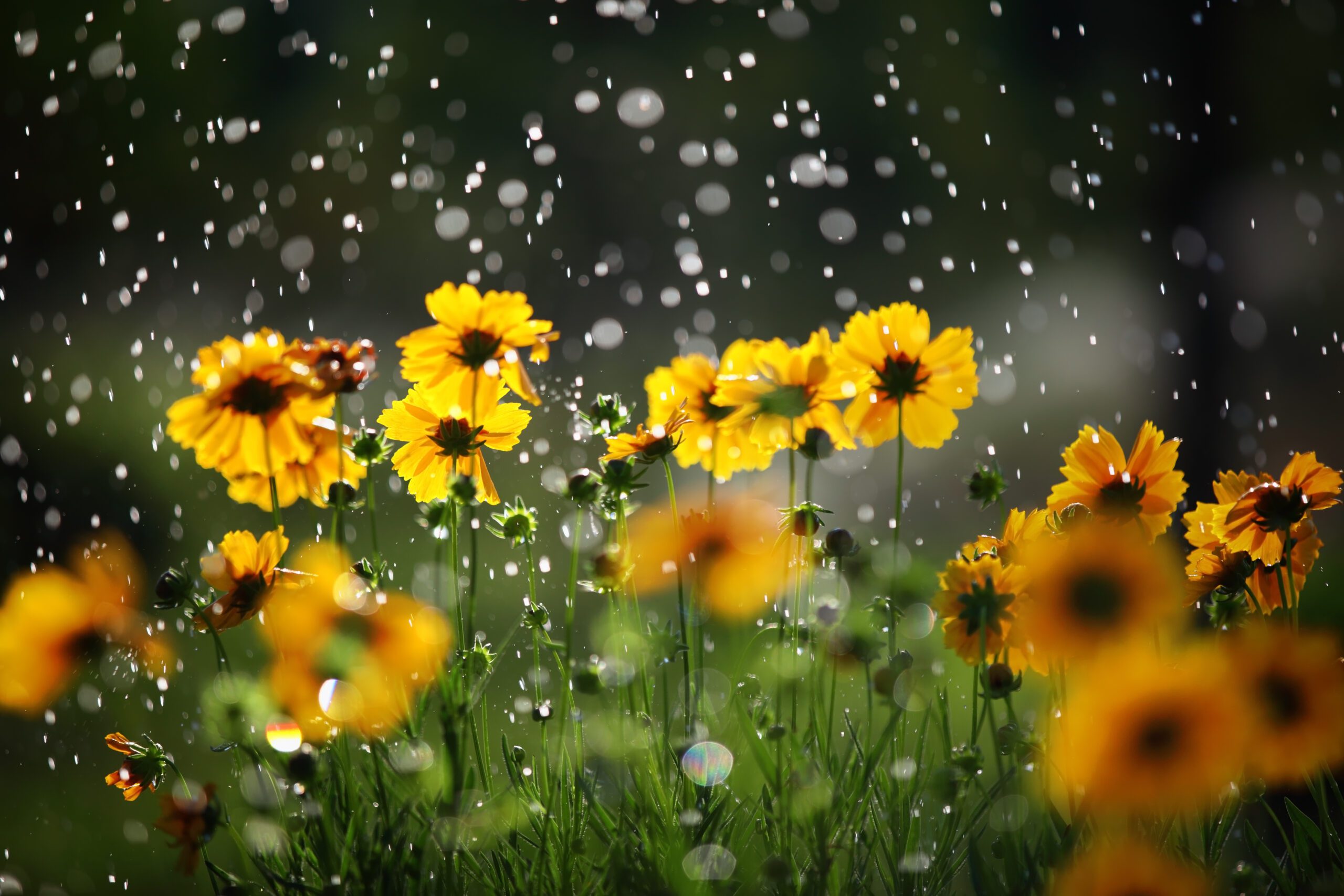4 Uses Of Rainwater For Your Garden
Color is what gardens have in abundance. It’s what makes it an excellent addition to your home, after all. However, preserving it can be challenging. But if you’re good with your hands (and you have plenty of time to kill), your green thumb might show up when taking care of your garden.
Although they’re ‘just plants,’ your garden is chock-full of life in every corner because of them. And just like any living thing, plants tend to be picky with their nourishments. Some gardeners would turn to hydroponics to enrich the garden soil. However, many prefer to collect rainwater instead.
- To Conserve Water
Nowadays, climate change has hit the environment hard, especially water resources. There are far too many droughts in the dry seasons. And the water preserves where people could turn to are already reaching critical levels under extreme heat.
Even at a young age, everyone’s already been taught that saving water should be a continuous responsibility that perseveres day after day to ‘save the Earth.’ With how things have been going, this is when your conservation skills are put to the test. And although you’re only watering your plants, collecting rainwater is one of the best ways to conserve water.
But you must be careful when doing this. Since rainwater can either come from the sky directly or roll down your roof before you collect it, it’s bound to accumulate some dirt.
Determine what kind of garden you want to water first. If it’s a garden full of crops, you’ll need a water tank much like the one from watertankfactory.com.au/water-tanks/r5000-litre-squat-rainwater-tank/ or a barrel. Here, it would be best if you treated your collected rainwater before you’re allowed to use it on your crops.
On the other hand, if you’re only using it to water a garden full of plants, you don’t have to treat it anymore. Now, you can collect rainwater using any containers since you’re not planning on eating those flowers. So, you could still use a barrel, but a watering can is an option on the table.
- To Prevent Chemical Accumulation
Typically, water that comes from an artificial source already contains many chemicals. And these are mixed into the water source to make sure the water’s clean and safe for people to drink. But what’s safe for you might not be the same for your plants.
How plants absorb nutrients differ significantly from how humans do. While people have various systems working together to consume many forms of energy, plants are only limited to water and sunlight.
Because of this, whatever artificial substance is mixed into the water will only be filtered out by the soil. Therefore, causing it to build up in the ground, even accumulating on the sides of their pots. When these residues build up, they’ll harden the soil and stunt the plant’s room for growth.
But rainwater is entirely natural. No salts, no chemicals, no minerals—there’s only freshwater nourishing your garden. And that’s what makes it a number one favorite for plants.
- To Serve As Fertilizer
Since rainwater is free from any chemicals, there’s a likely chance that organisms could be born, especially if the water’s collected from the roof. Why the roof? Because that’s one part of the house that gets the most interaction with other living organisms. Birds, leaves, pollen—these substances can all come together to result in new microorganisms in the water.
Furthermore, if you didn’t know, rainwater is simply brimming with nitrate. Nitrate is a compound that serves as the perfect breeding ground for other living organisms, such as algae and blanketweed. With nitrate into the mix, high levels could speed up, creating more organisms that could stand in as fertilizer.
But to be sure, check what’s in the collected rainwater first. Remove any debris or rocks that could disturb the nitrates. If all it has are organisms, set it aside and allow it to cultivate by itself. However, leaving it exposed will attract all sorts of pests, mainly mosquitoes. So, what you’d want to do is put a cover over its opening to secure it.
- To Flush Out Soil
Without any rocks influencing it or plants decaying nearby, rainwater is entirely neutral in pH (or acid) levels. Having a neutral pH level is ideal for your garden. Because not only will it flush out any excess alkaline or acid, but it can also encourage plants to grow more. Now, you don’t need to experiment with different fertilizers when rainwater can quickly neutralize the soil’s pH level.

Watered Down
Owning a garden and maintaining it are two different aspects. Because as pleasant as it is to set off to the side and observe your garden, there’s a likely chance it’ll die off eventually from neglect. If you’d like your plants to remain vibrant, then you need to learn how to take care of them.
With the internet right at your fingertips, it’s easy to be overwhelmed by the flood of gardening tips. So, why not try something small, like using rainwater when watering your garden? You’ll never know how helpful it is to your plants.




